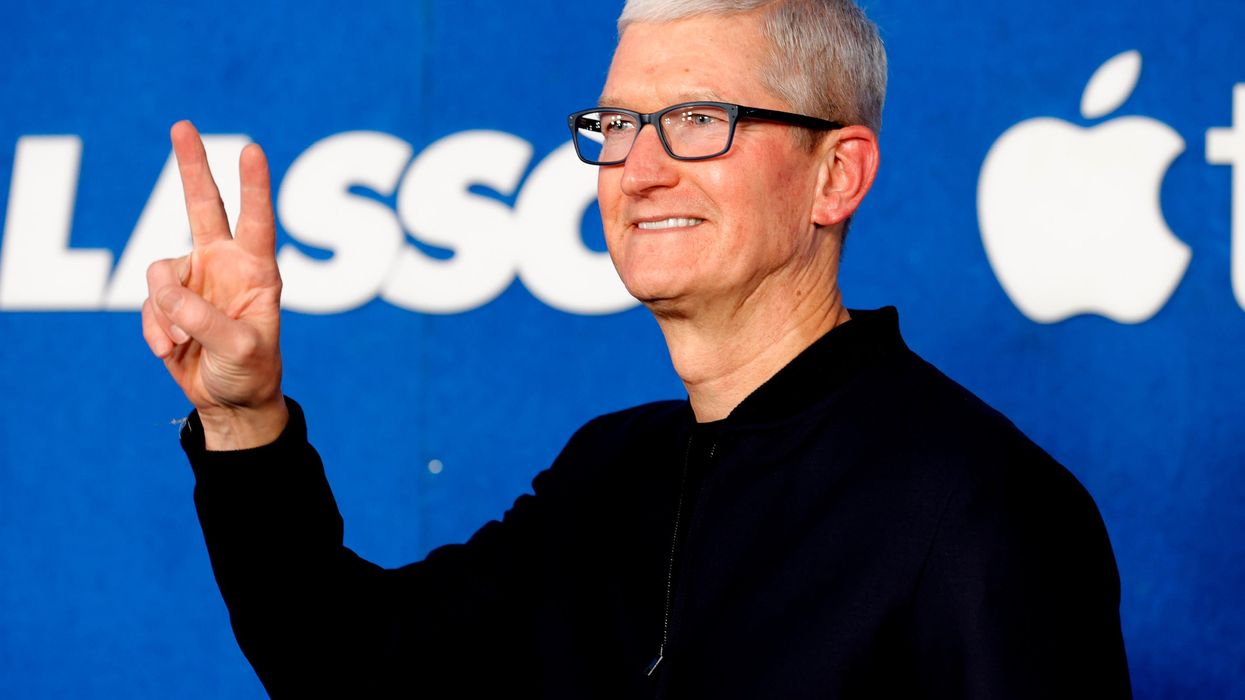Even Those Who Believe Tariffs Are Useful Think Trump's Trade War Makes 'Zero Sense'
One economist warned the tariffs would amount to the "largest tax increase... that has ever been imposed" on working-class families.
The trade war that U.S. President Donald Trump launched over the weekend by announcing sweeping new tariffs on imports from Canada, Mexico, and China drew intense criticism from experts and analysts across the ideological spectrum, including those who believe strategically deployed tariffs can help protect domestic jobs and workers.
"Tariffs are a powerful, effective tool to deliver certain goals. But Trump's Canada/China/Mexico tariffs make zero sense. And even undermine tariffs' legit uses," Lori Wallach, director of the Rethink Trade program at the American Economic Liberties Project, wrote on social media late Sunday, expressing agreement with United Auto Workers president Shawn Fain.
Fain said in a
statement that the UAW "supports aggressive tariff action to protect American manufacturing jobs as a good first step to undoing decades of anti-worker trade policy," pointing specifically to the North American Free Trade Agreement (NAFTA) and its successor agreement that Trump negotiated during his first White House term.
The union does not, however, "support using factory workers as pawns in a fight over immigration or drug policy," Fain continued. "The national emergency we face is not about drugs or immigration, but about a working class that has fallen behind for generations while corporate America exploits workers abroad and consumers at home for massive Wall Street paydays."
The officially stated purpose for Trump's 25% tariffs on Canadian and Mexican imports and 10% tariffs on Chinese imports is to confront what the White House described as the "extraordinary threat" posed by the movement of migrants and drugs across the southern and northern U.S. borders.
But Wallach argued Sunday that using tariffs to address immigration and the flow of drugs "is like trying surgery using a saxophone—wrong tool!"
"After decades of an American trade policy run by and for the largest corporations and to the detriment of American workers, independent farmers, and small businesses, we certainly do need a new approach," she added. "But simply imposing 25% tariffs on Mexico and Canada and another 10% on China will not rebuild American manufacturing/create U.S. manufacturing jobs or raise wages. Particularly, if such tariffs can be axed, lowered, or upped at the president's whim for reasons unrelated to trade/jobs."
"While tariffs can play a constructive role in protecting U.S. jobs and enforcing labor and environmental standards when part of a strategic industrial policy, Trump's approach is neither strategic nor appropriate."
Trump told reporters late last week that he is "not looking for a concession" in response to the new tariffs, which prompted swift retaliation from Canada, Mexico, and China.
The announced tariffs, which are set to take effect on Tuesday, also shook U.S. and global equity markets as Trump threatened additional duties against imports from European Union nations and admitted Americans could experience "some pain" stemming from the trade war. Mexican President Claudia Sheinbaum said Monday that her country reached an agreement with Trump to delay implementation of the tariffs on Mexican imports for a month, reportedly in exchange for the deployment of 10,000 Mexican soldiers to the country's northern border.
Contrary to Trump's insistence that tariffs are paid by targeted nations, they are in fact paid by U.S. importers, who then either eat the costs or pass them on to consumers through higher prices. Economist Dean Baker noted that the new tariffs amount to "a tax increase of roughly $200 billion a year ($1,600 per family) that will overwhelmingly be paid by moderate-income and middle-income families."
"It is the largest tax increase on them that has ever been imposed," Baker wrote Sunday. "And retaliation from both countries is likely to impose additional costs."
Melinda St. Louis, Global Trade Watch director at the consumer advocacy group Public Citizen, said in a statement that "no matter the intractable problem, Trump's go-to playbook is to bully our neighbors through tariffs and to scapegoat immigrants."
"Instead of addressing the actual causes or seeking real solutions to the complex public health crisis surrounding fentanyl, Trump jumps to impose damaging and self-defeating across-the-board tariffs and to spout more hateful rhetoric that dehumanizes our immigrant neighbors," said St. Louis. "While tariffs can play a constructive role in protecting U.S. jobs and enforcing labor and environmental standards when part of a strategic industrial policy, Trump's approach is neither strategic nor appropriate."
"Using tariffs to bully countries to advance an anti-immigrant and anti-humanitarian agenda will do nothing to support U.S. workers and will make our immigrant neighbors less safe," she added.
The tariffs also drew backlash from the right-wing Wall Street Journaleditorial board, which slammed the president for launching "the dumbest trade war in history."
"Bad policy has damaging consequences," the editorial board wrote late Sunday, "whether or not Mr. Trump chooses to admit it."


